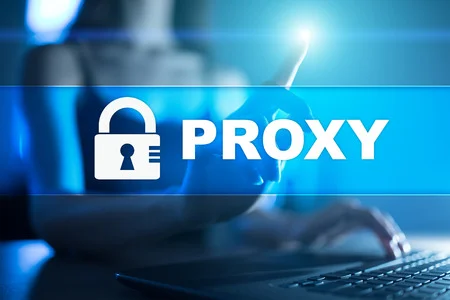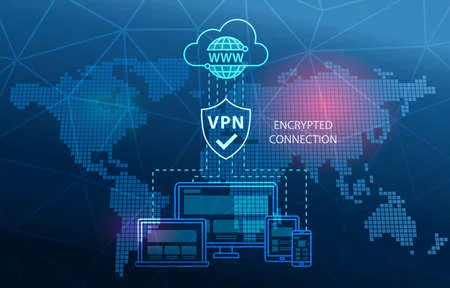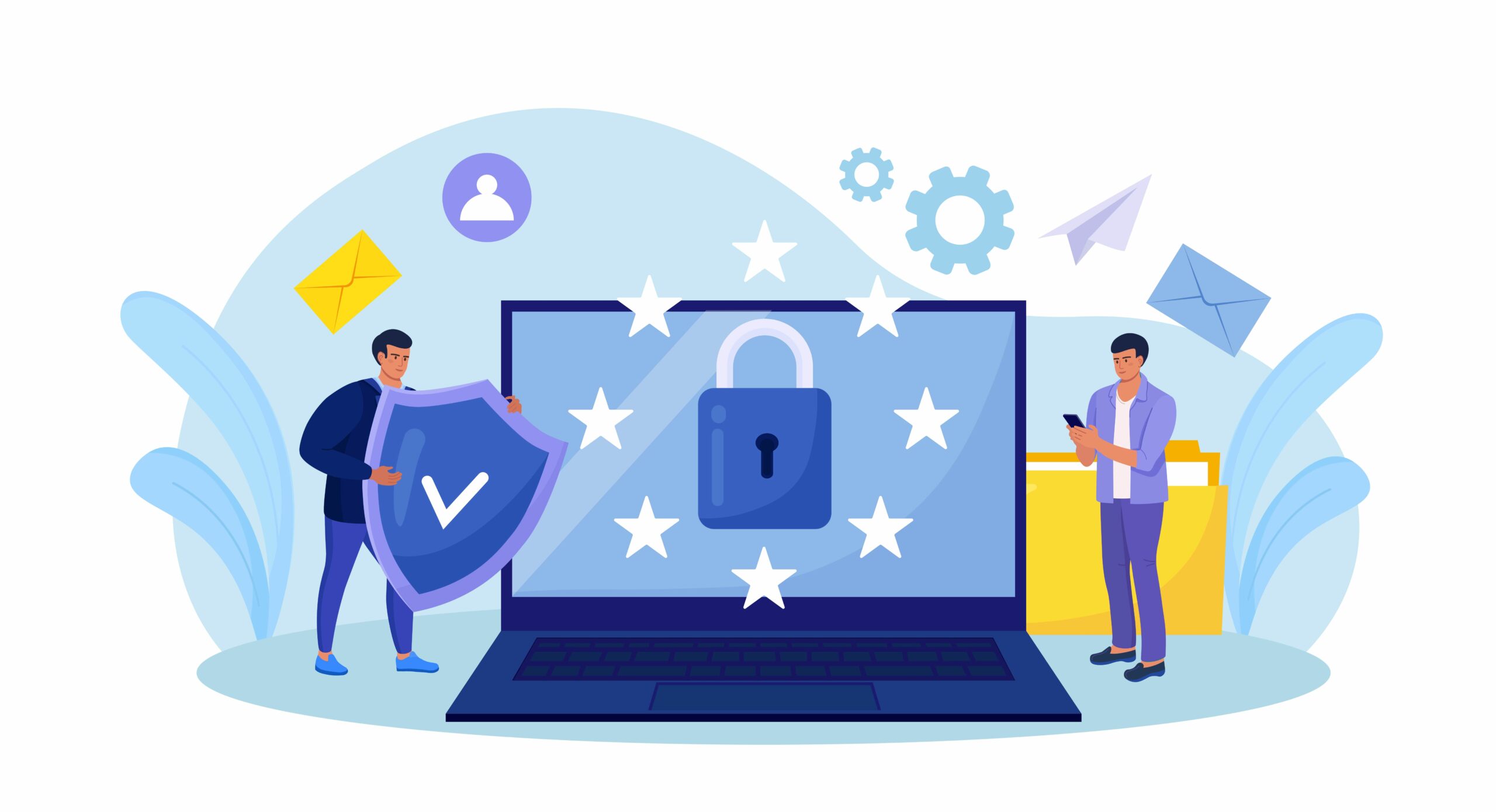In today’s interconnected world, maintaining privacy and security while browsing the internet is paramount. Essential tools for achieving this are VPNs and proxies, both designed to enhance your online privacy by concealing your IP address and offering additional layers of protection. However, their methodologies for ensuring your privacy differ significantly.
Understanding Proxies
A proxy is a gateway offering basic functionalities such as anonymous online browsing and bypassing content restrictions. These servers excel at IP masking, making them ideal for accessing geographically restricted content. Moreover, they help enforce website content limitations and monitor content restrictions, such as blocking access to specific sites during office hours.
The Role of VPNs
VPN (Virtual Private Network) services, akin to proxy servers, encrypt and secure your entire network traffic, not just HTTP or SOCKS calls from your browser. This comprehensive coverage implies that if you’re connected to a local coffee shop’s Wi-Fi, a VPN offers an extra security layer over the potentially unencrypted local network.
Main Differences Between Proxies and VPNs
Encryption
The primary difference between a proxy and a VPN lies in their encryption capabilities. VPNs encrypt your entire online activity, including visited websites and not just your IP address, unlike proxy servers.
Data Privacy
While most proxies are free, many sell user data to marketers to finance their services. On the contrary, VPNs, typically paid services, do not disclose or track user traffic information.
Free vs. Paid
Although there are free VPN services, most have usage limitations regarding data usage per day, server switching, and more. While proxies are generally free, investing in a premium solution often proves more beneficial.
Coverage
While proxies can only mask one website or app at a time, VPNs encrypt all user online activity, irrespective of the website or app in use.

Different Types of Proxies
Forward Proxy
A forward proxy serves as a single entry point for groups of users within an internal network. This type of proxy conceals IP addresses for network users and allows for straightforward administrative management.
Transparent Proxy
Transparent proxies provide users with an experience as if they were directly using their computers. These proxies are optimal for businesses wishing to implement proxies without alerting their staff.
Anonymous Proxy
An anonymous proxy hides your online activities, accessing the internet on your behalf while obscuring your identity and computer data. Users seeking complete privacy should consider an anonymous proxy.
Residential Proxy
Residential proxies assign an IP address linked to a physical device, which then relays all requests. These proxies are useful for users needing to validate their website’s advertisements.
Public Proxy
A public proxy, free and available to everyone, allows users to remain anonymous when visiting websites.
SSL Proxy
SSL (Secure Sockets Layer) proxies provide decryption between the client and the server, offering additional protection against threats detected and blocked by the SSL protocol.

Types of VPNs
Corporate VPN
Companies use corporate VPNs to protect users and their devices, no matter where employees connect from.
Individual VPN
These services are designed for personal use.
Frequently Asked Questions (FAQs)
Is a VPN superior to a proxy?
Yes, a VPN is superior as it offers enhanced privacy and security by encrypting your traffic and rerouting it through a secure VPN server. While proxies route your traffic via a mediating server, they may not always offer additional security.
Is it necessary to use a proxy if you have a VPN?
No, premium VPN services cover all proxy functions and more. Although proxies can quickly change your IP, remember that not all proxies are safe, and some may collect your data.
Can I use both a VPN and a proxy?
While it’s possible to use both a VPN and a proxy simultaneously, it’s usually not recommended due to the additional complexity and potential slowdown of your internet connection without any substantial benefits. It’s generally more efficient to use either one or the other.
Final Thoughts
In the contemporary digital landscape, privacy, and security have never been more crucial, whether you’re safeguarding corporate data or personal information. It’s imperative to invest your time and resources in the right privacy solutions: proxies and VPNs provide your data with an additional protection layer.
While VPNs and proxies are comparable in redirecting your data through a remote server and disguising your IP address, a VPN generally offers superior protection compared to a proxy server. If you prioritize your online privacy and security, a VPN should be your go-to choice.




